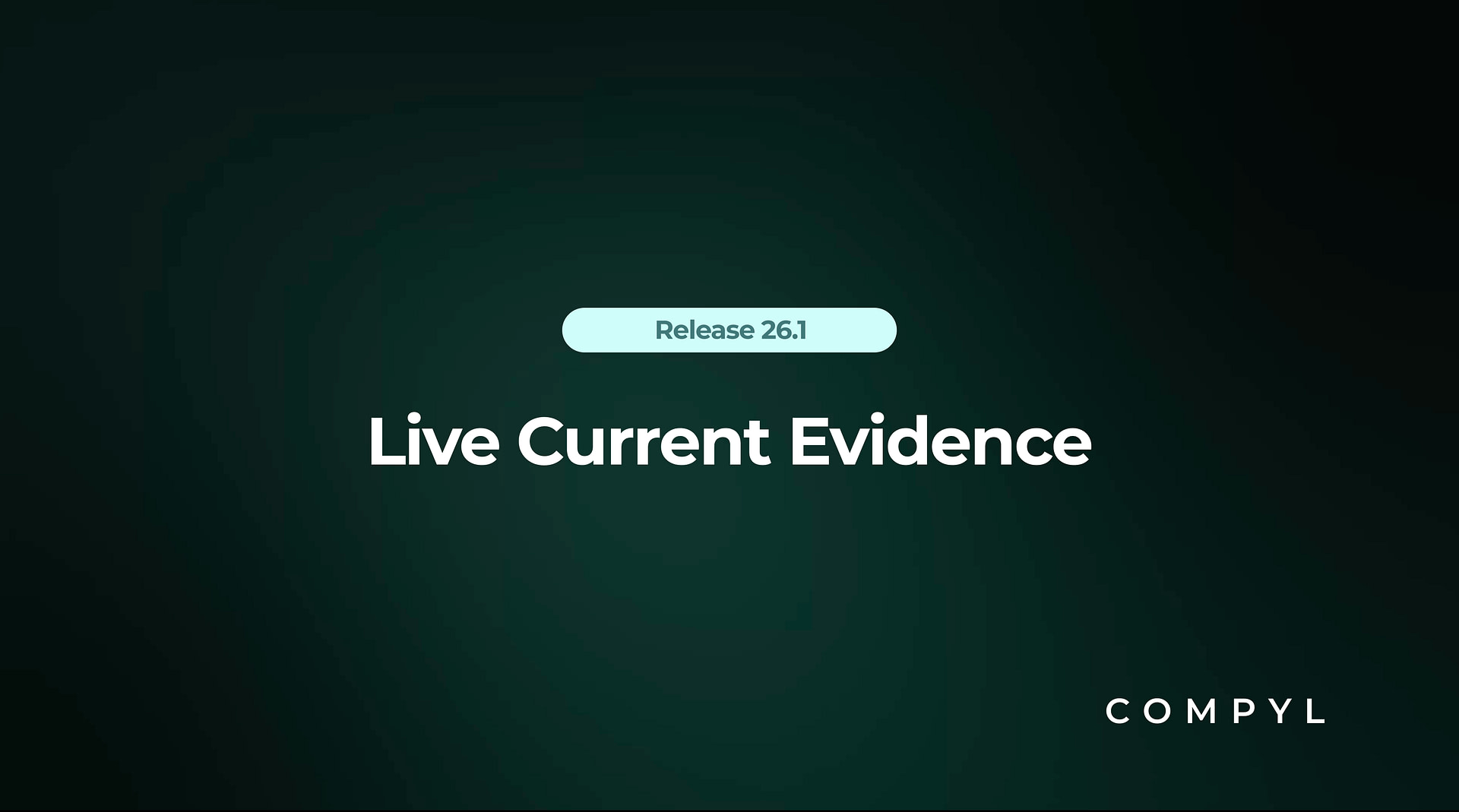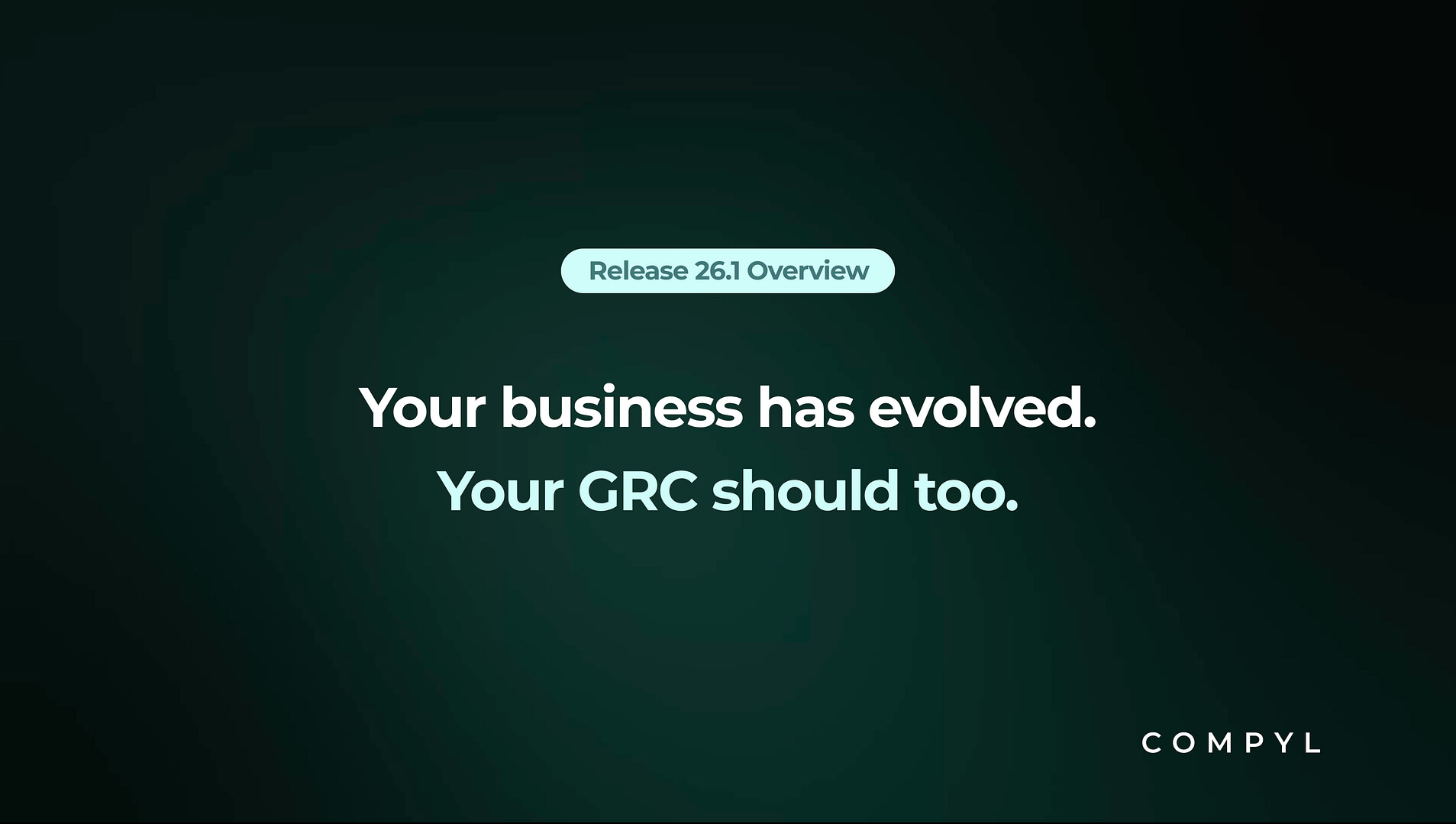In the 20 years since the Office of Civil Rights started investigating HIPAA violations, it has resolved over 350,000 cases and enforced penalties to the tune of more than $140 million. Regardless of the size of your organization, the prospect of financial penalties is cause for alarm. Who can be punished for HIPAA violations, and which type of businesses need to worry?
Who Can Be Held Responsible for HIPAA Violations?

Any organization that is required to follow HIPAA regulations can be punished for violations of the Security Rule, Privacy Rule, Breach Notification Rule, and other standards. These companies, individuals, and groups are called covered entities. HIPAA rules apply to care providers of every size, from the largest hospital groups to the smallest medical practices.
Healthcare Organizations
Hospitals, with their large staff and vast numbers of patients, are a prime source of HIPAA violations regarding protected health information. In 2023, healthcare provider Community Health Systems Inc. experienced a ransomware-related data breach that exposed the PHI of nearly 1.2 million patients. This violation has led to a class action lawsuit against the company.
Other healthcare providers that must follow HIPAA compliance standards include medical clinics, psychiatric organizations, dental practices, nursing homes, and home health organizations. Pharmacies — even giants such as Cigna, CVS Health Corporation, and Walgreens — also have to integrate comprehensive HIPAA compliance frameworks.
Medical Professionals
Individual doctors, specialists, dentists, and mental healthcare professionals can be held responsible for HIPAA violations. That said, penalty amounts are often related to the size of the practice.
Of course, HIPAA penalties aren’t the only type of sanctions that medical professionals can face for violating doctor-patient confidentiality. They also risk lawsuits, disciplinary actions, or even suspension of their medical license.
Medical Software Companies

Software-as-a-service providers and other Business Associates can also be held liable for HIPAA violations. In the largest data breach in history, technology company Change Healthcare exposed the private information of 190 million Americans in February 2024.
The devastating cyberattack involved hackers obtaining sensitive credentials that didn’t have multifactor authentication active, a clear violation of HIPAA security standards. The hack was so egregious that some members of Congress have pushed to eliminate the current cap on HIPAA violation penalties.
Health Plans
Health insurers can face significant monetary penalties from the OCR for HIPAA violations, not to mention other financial consequences as a result of data breaches. Well-known insurer Anthem, Inc. settled a lawsuit in 2020 with attorneys general in New York and other states for nearly $40 million. The company also had to pay $16 million in OCR fines.
In 2014, Anthem was hit by a ransomware attack that compromised the records of more than 75 million patients in the United States. The source of the breach was a phishing email that introduced malware into Anthem’s network. Many cybersecurity failures compounded the impact of the breach, such as failing to properly segment, monitor, update, and control access to network resources.
Can Non-Healthcare Workers Violate HIPAA?
The first group that often springs to mind when mentioning HIPAA violations are frontline workers like doctors and nurses. The true scope of HIPAA compliance and potential violations is much larger, encompassing security personnel, IT technicians, facility managers, and organizational executives. Data breaches can happen because of third-party software vulnerabilities, failure to apply timely security patches, or not following cybersecurity standards for access control.
HIPAA standards also cover insurers that offer health plans, pharmaceutical companies that handle PHI, and healthcare clearinghouses that process sensitive data. These enterprises must hire or appoint a HIPAA officer to coordinate compliance. Any violations are ultimately the responsibility of this executive.
Medical workers aren’t the only ones who can be responsible for the most common HIPAA violations. Billing and accounting staff must also safeguard PHI, especially when it comes to email use. Non-medical personnel such as janitors and HVAC contractors can take advantage of legitimate building access to improperly obtain and use patient data, including credit card information.
Can Employees Be Punished for HIPAA Violations?
Healthcare organizations bear the brunt of HIPAA penalties for what their workers do. However, it is legal for employers to take disciplinary action against workers who are responsible for HIPAA violations.
Both the HIPAA Security Rule and Privacy Rule require covered entities to implement and follow through on a sanctions policy. The text of the statute only stipulates “appropriate sanctions,” meaning that employers have the discretion to decide what penalties are appropriate.
Common punishments for HIPAA violations include:
- Written and verbal warnings
- Work suspensions
- Loss of pay
- Termination of employment
The severity of the punishment should be in line with the seriousness of the HIPAA violation. There’s a difference between a normally trustworthy worker who accidentally forgets to create a required document and an employee who deliberately attempts to access patient records for nefarious purposes. Workers who repeatedly fail to correct their behavior should be terminated before they expose patient records or healthcare information systems to serious cybersecurity vulnerabilities.
The Need for a Sanctions Policy

To prove HIPAA compliance and avoid legal repercussions, always keep careful records. The first step is to create a clear sanctions policy that explains who can be punished for HIPAA violations, what those disciplinary actions include, and how your organization determines the appropriate punishment.
Provide examples of HIPAA violations that can result in termination, even if they seem obvious. Snooping on patient records is a massive breach of HIPAA privacy standards and doctor-patient confidentiality, and employees must understand that even first-time violations will result in immediate termination.
Document all corrective actions. This shows that your organization takes HIPAA compliance seriously, reducing the risk of OCR penalties for negligence. A lax approach to HIPAA violations can result in civil and criminal penalties — no laughing matter.
How Can You Avoid Punishments for HIPAA Violations?
Navigating HIPAA compliance can be complicated for mid-size and large organizations, especially when healthcare is only a part of your operations. You have to identify which departments and individuals can be punished for HIPAA violations and where your scope begins and ends. An automated compliance platform such as Compyl can reduce your risk of HIPAA violations by streamlining reporting, logging, auditing, and monitoring actions. Learn more about Compyl’s features for HIPAA compliance today.




